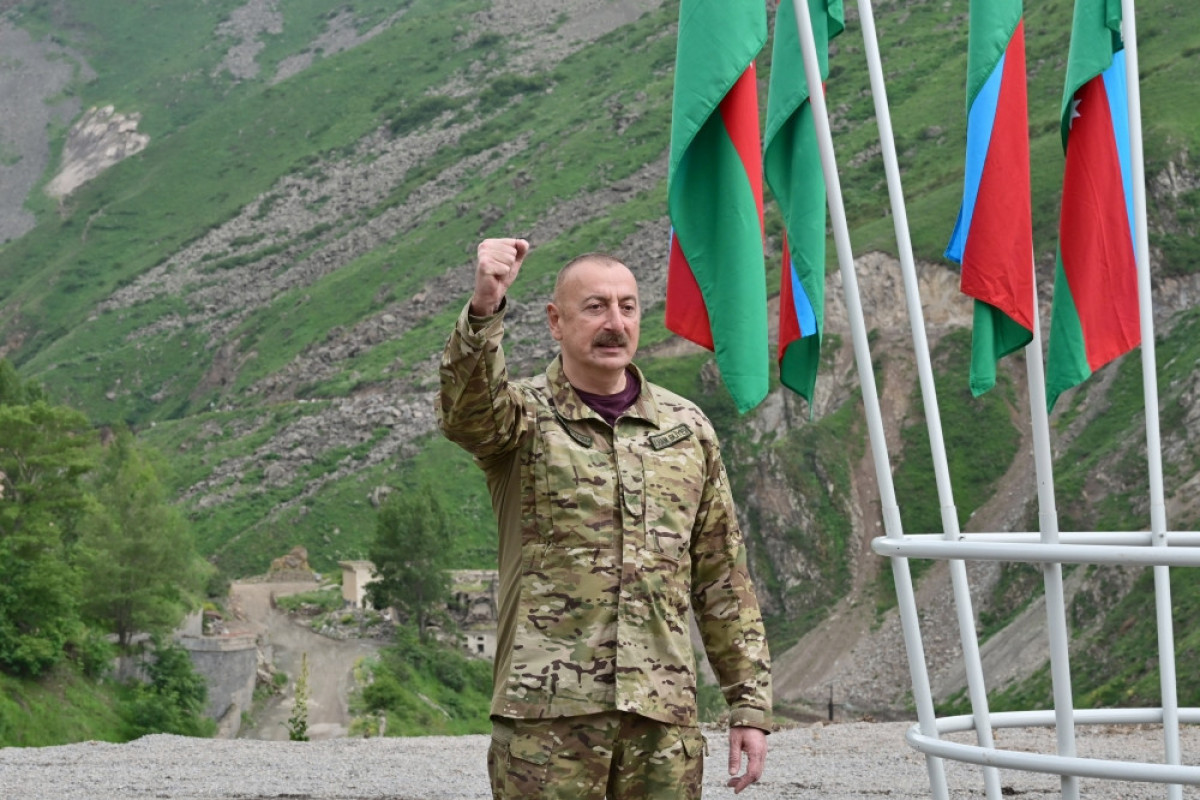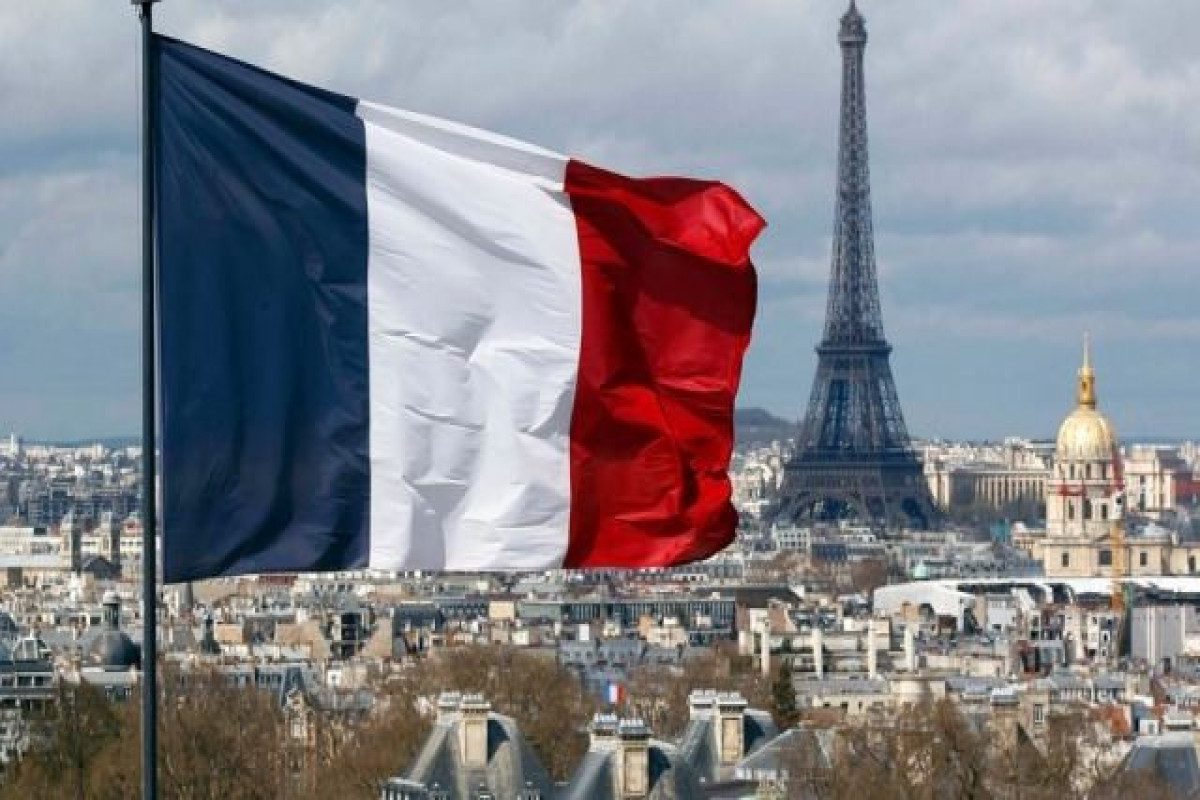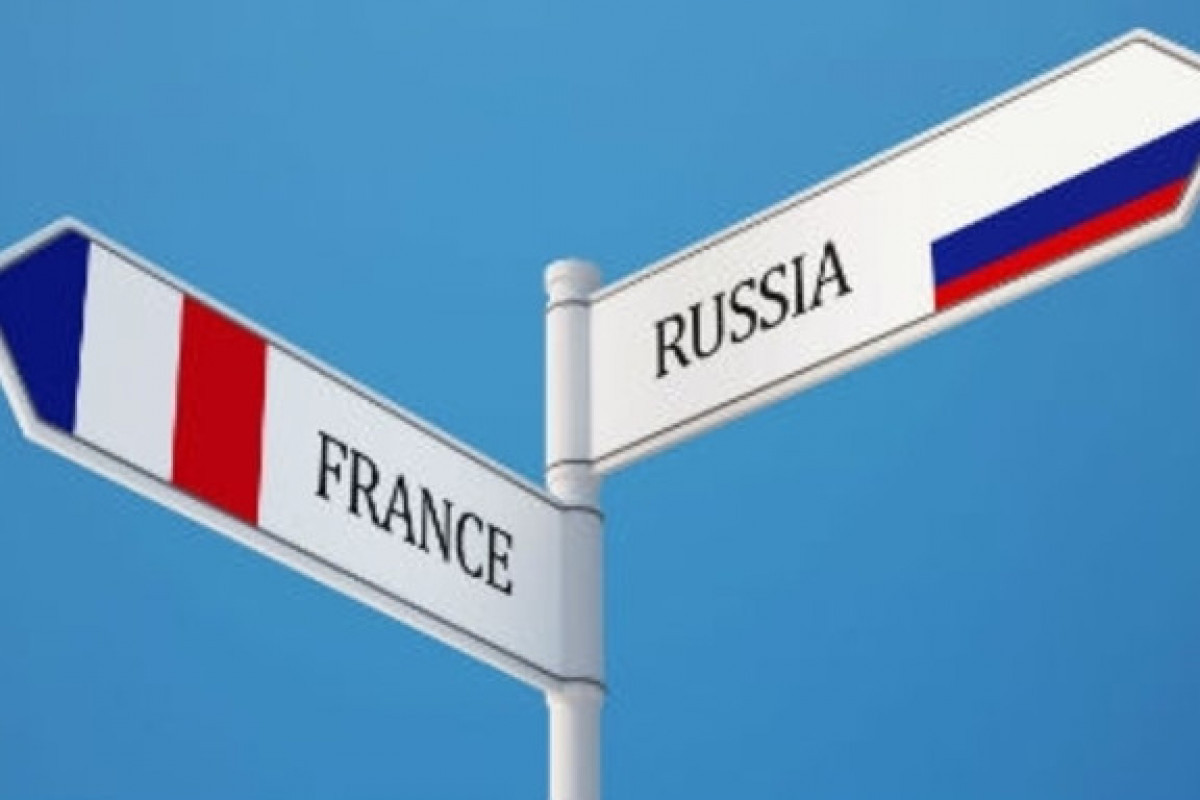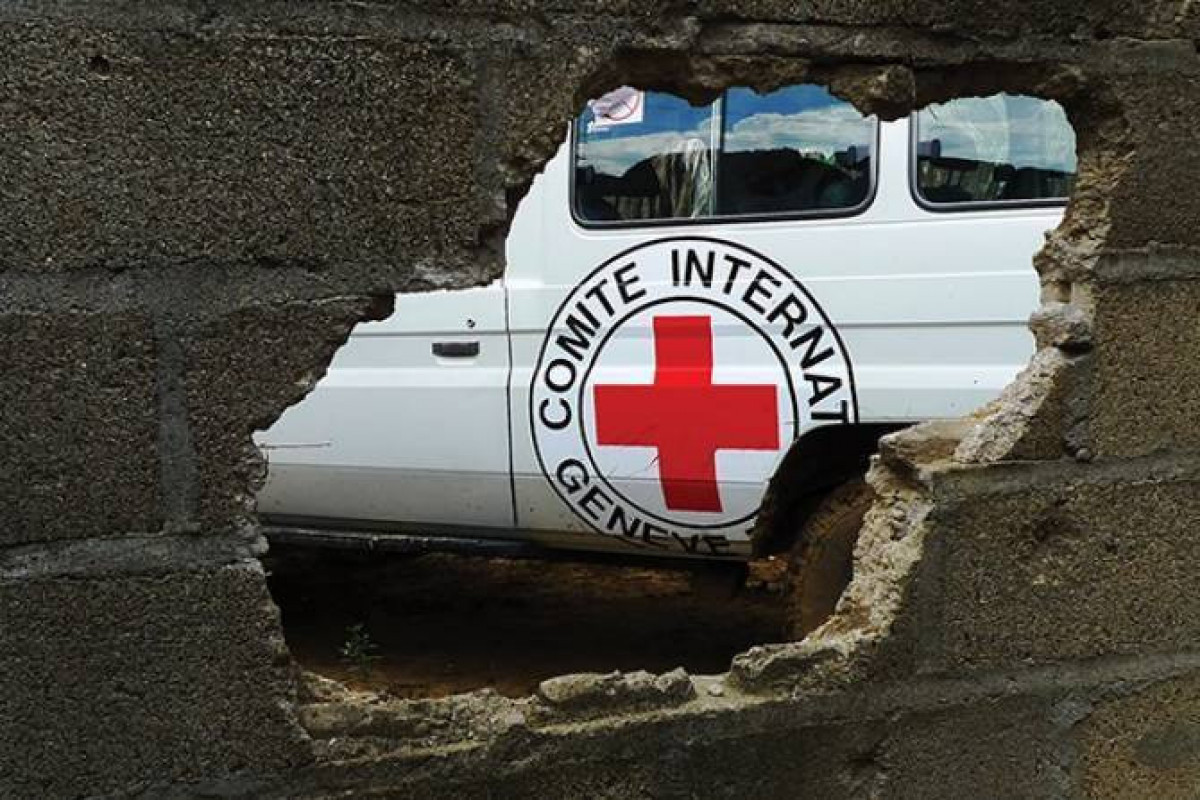Turkey’s “Armenian problemâ€: Slowdown following Prague meeting of the Presidents revives amid Chisinau meeting – ANALYSIS

Recep Tayyip Erdogan’s phone call to Azerbaijani President, statement of the Turkish embassy, one-day visit of the head of Turkish Foreign Ministry’s office show that official Baku was informed about the happenings. Actually, the main reason of the April tension was that Turkey did not give official information about the steps to be taken with respect to Armenia and Azerbaijan’s interests in this context. This time Ankara tries to persuade the public that “Azerbaijan is informed about the negotiations with Armeniaâ€. Similar attempt is felt in the first statements of Turkish Foreign Minister Ahmet Davutoglu concerning the agreements reached with Armenia. Foreign Minister said Azerbaijan’s interests would be taken into consideration in the normalization of the relations with Armenia, expressed his hope that the process would contribute to the settlement of the Nagorno Karabakh conflict. Whereas during the “April crisis†it took official Ankara three weeks to make such a statement.
The most interesting point is that the real results in Turkey-Armenia diplomatic process are made public on the eve of Azerbaijani and Armenian Presidents’ meeting. The existence of “Turkey-Armenia Road Map†was declared before the Prague meeting of the presidents, information about signing of the protocol on the establishment of diplomatic relations between the two countries was made public a month before the Chisinau meeting of Aliyev and Sargsyan. This factor shows that these two processes are interrelated. Turkey’s goodwill gesture to Armenia every time before the presidents’ meeting can be explained in two ways:
FIRST VERSION. Ankara intends to draw Armenia into concessions in the process of settlement of Nagorno Karabakh conflict by moving the diplomatic process forward. When the issues of re-opening the borders came in agenda in April, it was reported that the development of processes on this scenario was agreed in the Ankara lobbies. Even one of the high-ranking officials of Turkey said during a private meeting: “Most optimal proposal in our government for establishing the relations with Armenia was that. Armenia agrees to withdraw from five occupied regions. After the withdrawal of Armenia from those regions, Turkey opens the borders and makes first steps toward the restoration of diplomatic relations. Liberation of Nagorno Karabakh and other Azerbaijani lands from occupation was made as a term in the negotiations and they have concrete time to do that. If Armenia doesn’t withdraw from the occupied territories in 1-3 years, the borders will be closed againâ€.
AKP supporters of this proposal made some corrections and published it in their newspapers.
It is completely unreal tale that the re-opened borders will be closed again.
Armenia refused to make concessions against the expectations in Prague negotiations and made the Ankara’s scenario upside down. It forced Prime Minister Erdogan to come to Baku and to promise “not to open the borders with Armenia before the solution to Nagorno Karabakh conflictâ€, which satisfies the Azerbaijani society. If Ankara’s policy really wants to entice Armenia with the re-opening the borders and restoration of diplomatic relations and to force this country to make concessions in the settlement of Nagorno Karabakh conflict, it can be concluded so: “The signing of two protocols about the restoration of diplomatic ties on the eve of Chisinau negotiations aims to stimulate Armenia’s concessions in the negotiations over the conflict settlementâ€.
SECOND VERSION. Ankara knows that there is no probability of agreement between Armenia and Azerbaijan over Nagorno Karabakh and therefore tries to solve its problems at first. Turkey has serious problems with Armenia. It is not like economic arrearage of border areas or losing of one of the markets. Most serious problem for AKP in this context is “Armenian genocide†claims, which became serious mean of pressure on Turkey and pressure by the United States, which is playing role of “elder brotherâ€. Ankara should meet all pressures and not to leave its foreign policy course or should normalize its relations with Armenia damaging relations with Azerbaijan. Turkey is forced to balance interests of both sides (US-Armenia and Azerbaijan). Announcement of the results of dialogue with Armenia on the eve of the meeting of presidents enables us to form such version: “There is no probability of agreement between Azerbaijan and Armenia over Nagorno Karabakh. Turkey knows that and tries to explain its approach with Armenia as an effort to force Armenia to make concessions. Azerbaijan takes its interests into consideration and remains indifferent to Turkey’s maneuvers and Turkey moves process of normalization of relations with Armenia step-by-step forwardâ€.
It’s difficult to say which one of these versions is true. But the version of Turkey’s double game with Azerbaijan and its moving forward step by step in the direction of normalizing relations with Armenia is more probable. Because, in this scenario Turkey becomes temporarily insured from pressures of both Azerbaijan as “a side giving an impetus to the regulations of Nagorno Karabakh conflictâ€, and the United States as “a side normalizing relations with Armeniaâ€.
It’s obvious that Turkey’s “Armenian problem†like “Kurdish problem†is realized under the dictates of Washington. It should be noted that Senior Fellow of the US Atlantic Council David L. Phillips, who is preparing the report for Turkish government to solve Kurdish problem, is a chairman of the Turkey-Armenia coordination council initiated by the United States government. This American expert is an author of “Turkey-Armenia Road Mapâ€. And all these prove the ideas mentioned above. President Obama did not talk about any conditions during his speech in Turkish Parliament, but wanted Turkey to open its borders and normalize relations with Armenia. After the Obama’s speech, some ruling party’s MPs supported the US president’s initiative. The passed time shows that Erdogan government either cannot step aside of the frame determined by Barack Obama does not want to do it.
How does the opening of Turkey-Armenia borders seem to be real after the last developments? The procedure of opening borders determined in the protocols expected to be signed by the two countries: The two Protocols provide for a framework for the normalization of the bilateral relations within a reasonable timeframe. The political consultations will be completed within six weeks, following which the two Protocols will be signed and submitted to the parliaments for the ratification on each side. Both sides will make their best for the timely progression of the ratification in line with their constitutional and legal procedures. If we take the determined procedure into consideration, the opening of borders will not be able to take place before January. From this point of view, even a protocol on establishment of diplomatic relations is signed, bringing this document to the discussion of the parliament can take long years. Otherwise, by signing such protocol, Turkey does not undertake a commitment to open the borders, but gets more opportunity to play a role between Armenia and Azerbaijan.
The most interesting point is that the real results in Turkey-Armenia diplomatic process are made public on the eve of Azerbaijani and Armenian Presidents’ meeting. The existence of “Turkey-Armenia Road Map†was declared before the Prague meeting of the presidents, information about signing of the protocol on the establishment of diplomatic relations between the two countries was made public a month before the Chisinau meeting of Aliyev and Sargsyan. This factor shows that these two processes are interrelated. Turkey’s goodwill gesture to Armenia every time before the presidents’ meeting can be explained in two ways:
FIRST VERSION. Ankara intends to draw Armenia into concessions in the process of settlement of Nagorno Karabakh conflict by moving the diplomatic process forward. When the issues of re-opening the borders came in agenda in April, it was reported that the development of processes on this scenario was agreed in the Ankara lobbies. Even one of the high-ranking officials of Turkey said during a private meeting: “Most optimal proposal in our government for establishing the relations with Armenia was that. Armenia agrees to withdraw from five occupied regions. After the withdrawal of Armenia from those regions, Turkey opens the borders and makes first steps toward the restoration of diplomatic relations. Liberation of Nagorno Karabakh and other Azerbaijani lands from occupation was made as a term in the negotiations and they have concrete time to do that. If Armenia doesn’t withdraw from the occupied territories in 1-3 years, the borders will be closed againâ€.
AKP supporters of this proposal made some corrections and published it in their newspapers.
It is completely unreal tale that the re-opened borders will be closed again.
Armenia refused to make concessions against the expectations in Prague negotiations and made the Ankara’s scenario upside down. It forced Prime Minister Erdogan to come to Baku and to promise “not to open the borders with Armenia before the solution to Nagorno Karabakh conflictâ€, which satisfies the Azerbaijani society. If Ankara’s policy really wants to entice Armenia with the re-opening the borders and restoration of diplomatic relations and to force this country to make concessions in the settlement of Nagorno Karabakh conflict, it can be concluded so: “The signing of two protocols about the restoration of diplomatic ties on the eve of Chisinau negotiations aims to stimulate Armenia’s concessions in the negotiations over the conflict settlementâ€.
SECOND VERSION. Ankara knows that there is no probability of agreement between Armenia and Azerbaijan over Nagorno Karabakh and therefore tries to solve its problems at first. Turkey has serious problems with Armenia. It is not like economic arrearage of border areas or losing of one of the markets. Most serious problem for AKP in this context is “Armenian genocide†claims, which became serious mean of pressure on Turkey and pressure by the United States, which is playing role of “elder brotherâ€. Ankara should meet all pressures and not to leave its foreign policy course or should normalize its relations with Armenia damaging relations with Azerbaijan. Turkey is forced to balance interests of both sides (US-Armenia and Azerbaijan). Announcement of the results of dialogue with Armenia on the eve of the meeting of presidents enables us to form such version: “There is no probability of agreement between Azerbaijan and Armenia over Nagorno Karabakh. Turkey knows that and tries to explain its approach with Armenia as an effort to force Armenia to make concessions. Azerbaijan takes its interests into consideration and remains indifferent to Turkey’s maneuvers and Turkey moves process of normalization of relations with Armenia step-by-step forwardâ€.
It’s difficult to say which one of these versions is true. But the version of Turkey’s double game with Azerbaijan and its moving forward step by step in the direction of normalizing relations with Armenia is more probable. Because, in this scenario Turkey becomes temporarily insured from pressures of both Azerbaijan as “a side giving an impetus to the regulations of Nagorno Karabakh conflictâ€, and the United States as “a side normalizing relations with Armeniaâ€.
It’s obvious that Turkey’s “Armenian problem†like “Kurdish problem†is realized under the dictates of Washington. It should be noted that Senior Fellow of the US Atlantic Council David L. Phillips, who is preparing the report for Turkish government to solve Kurdish problem, is a chairman of the Turkey-Armenia coordination council initiated by the United States government. This American expert is an author of “Turkey-Armenia Road Mapâ€. And all these prove the ideas mentioned above. President Obama did not talk about any conditions during his speech in Turkish Parliament, but wanted Turkey to open its borders and normalize relations with Armenia. After the Obama’s speech, some ruling party’s MPs supported the US president’s initiative. The passed time shows that Erdogan government either cannot step aside of the frame determined by Barack Obama does not want to do it.
How does the opening of Turkey-Armenia borders seem to be real after the last developments? The procedure of opening borders determined in the protocols expected to be signed by the two countries: The two Protocols provide for a framework for the normalization of the bilateral relations within a reasonable timeframe. The political consultations will be completed within six weeks, following which the two Protocols will be signed and submitted to the parliaments for the ratification on each side. Both sides will make their best for the timely progression of the ratification in line with their constitutional and legal procedures. If we take the determined procedure into consideration, the opening of borders will not be able to take place before January. From this point of view, even a protocol on establishment of diplomatic relations is signed, bringing this document to the discussion of the parliament can take long years. Otherwise, by signing such protocol, Turkey does not undertake a commitment to open the borders, but gets more opportunity to play a role between Armenia and Azerbaijan.
Political

Ilham Aliyev achieved to return Gazakh's 4 villages to Azerbaijan without single bullet or bloodshed -ANALYSIS

Parisian stance: France is experiencing diplomatic stress in its relations with Azerbaijan and taking chaotic steps -ANALYTICS
 ANALYSIS'>
ANALYSIS'>
France-Russia confrontation is escalating openly: Paris turns into Moscow's main geopolitical rival-ANALYSIS


